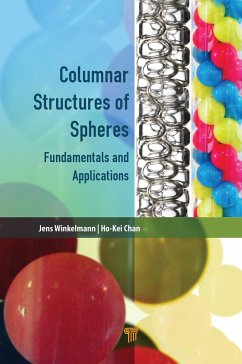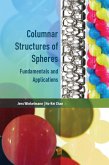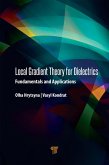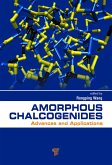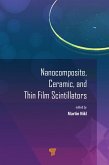The book begins with an introduction to the field of packing problems, where such problems are closely related not only to the columnar structures presented in the book but also to the structures of condensed matter systems in general. It then discusses about columnar structures of spheres and overviews their classifications and applications. It reviews the models and concepts employed in the authors' studies on columnar structures of spheres. It also details the method of sequential deposition for generating columnar structures of hard spheres computationally or experimentally. Lastly, it presents some latest findings on the columnar structures of soft spheres and on the structures obtained from the longitudinal compression of a hard-sphere chain in a cylindrical harmonic potential.
Dieser Download kann aus rechtlichen Gründen nur mit Rechnungsadresse in A, B, BG, CY, CZ, D, DK, EW, E, FIN, F, GR, HR, H, IRL, I, LT, L, LR, M, NL, PL, P, R, S, SLO, SK ausgeliefert werden.

